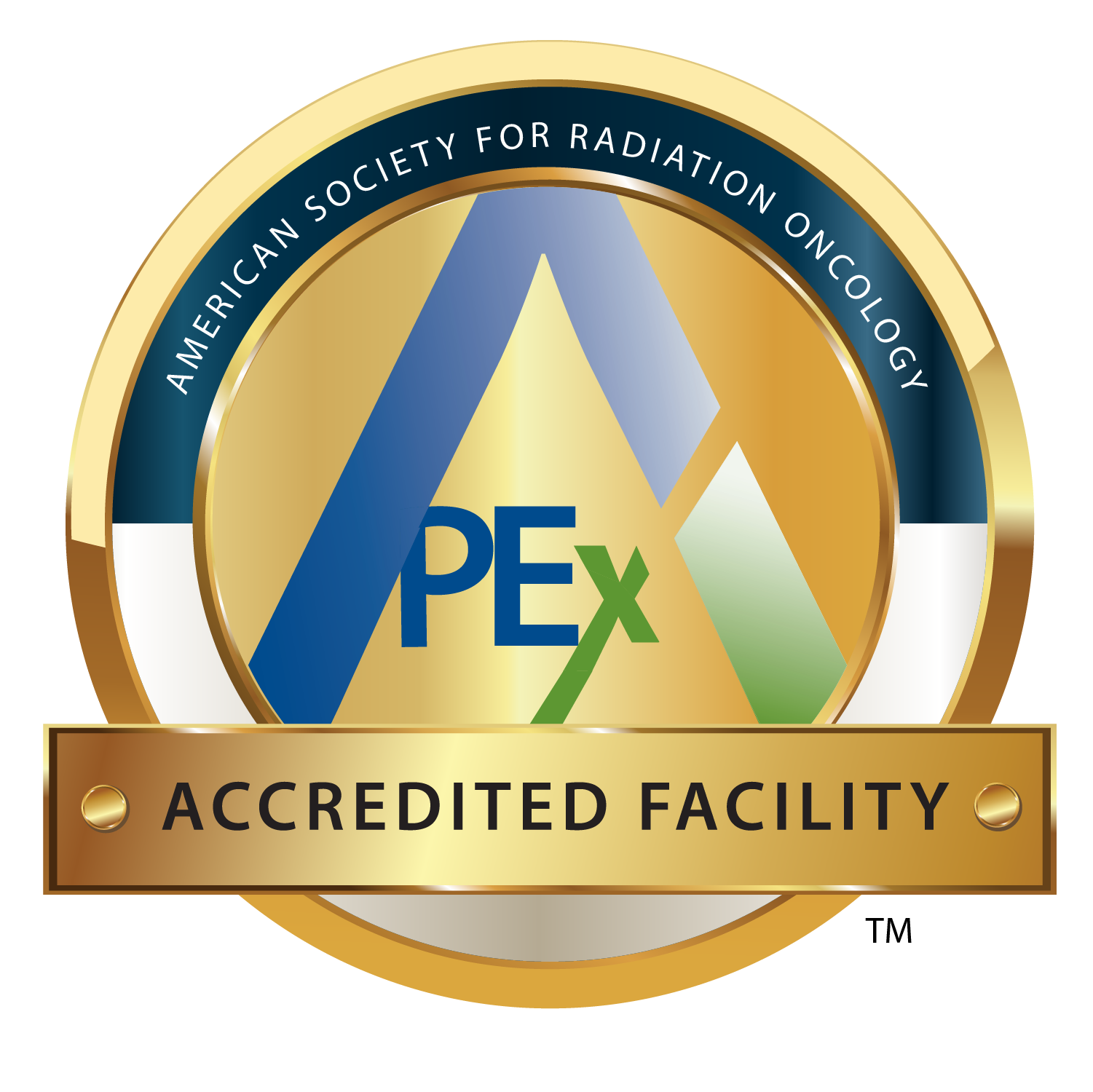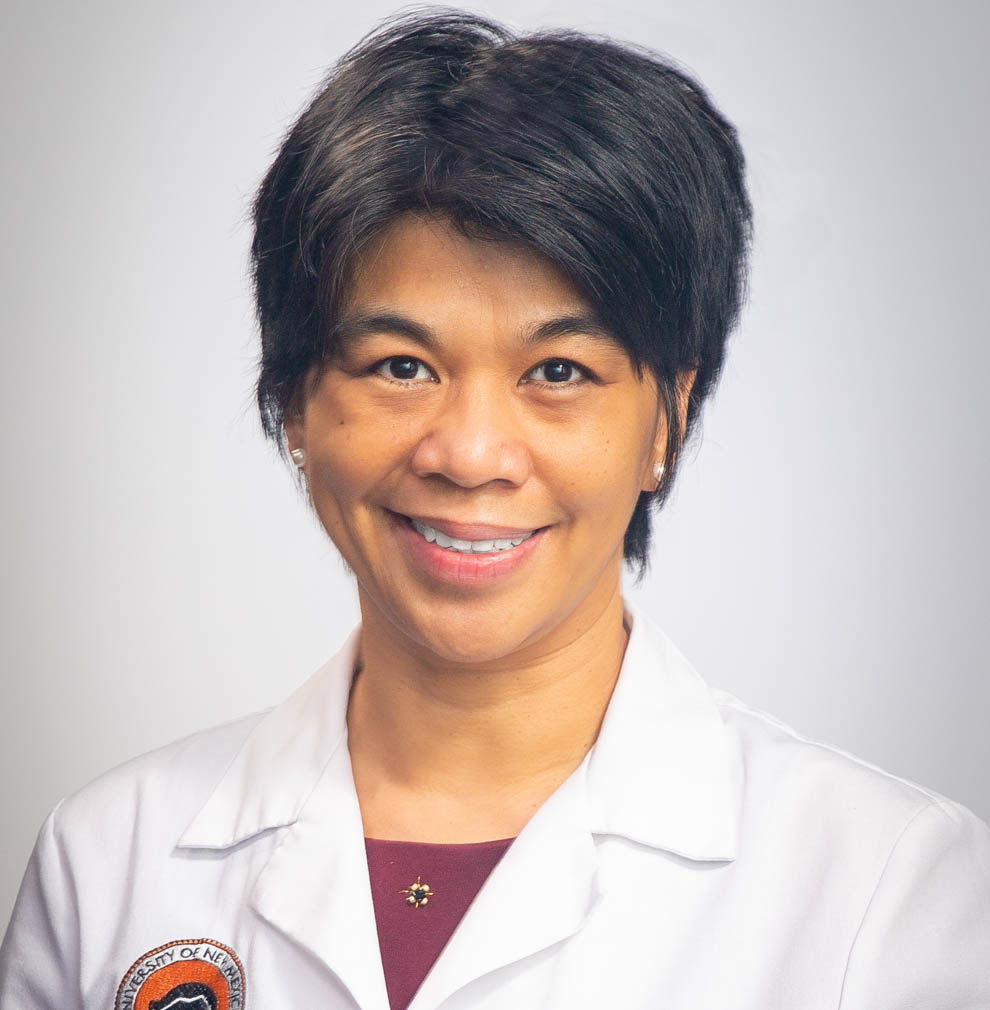 The University of New Mexico Comrpehensive Cancer Center successfully attained accreditation from the American Society for Radiation Oncology (ASTRO) APEx - Accreditation Program for Excellence. APEx provides external validation that a radiation oncology facility is delivering high-quality patient care. The UNM Comprehensive Cancer Center's accreditation is effective until March 2028.
The University of New Mexico Comrpehensive Cancer Center successfully attained accreditation from the American Society for Radiation Oncology (ASTRO) APEx - Accreditation Program for Excellence. APEx provides external validation that a radiation oncology facility is delivering high-quality patient care. The UNM Comprehensive Cancer Center's accreditation is effective until March 2028.
"Wa are pleased to receive APEx accreditation from ASTRO, the largest radiation oncology society in the world," said Zoneddy Dayao, MD, Deputy Director for Clinical Operations at UNM Cancer Center. "Our radiation oncology team, under the leadership of Dr. David Lee, Director of Radiation Oncology, and Patricia Sansourekidou, Director of Medical Physics, was invested in evaluating our processes to meet ASTRO's high standards for safety and quality. Achieving APEx accreditation shows our local community that we are dedicated to delivering consistently safe patient-centered cancer care."
APEx, the fastest-growing radiation oncology practice accreditation program in the United States, is a voluntary, objective and rigorous multi-step process during which a radiation oncology practice is evaluated using consensus-based standards. The practice must demonstrate its safety and quality processes and show that it adheres to patient-centered care by promoting effective communication, coordinated treatments and strong patient engagement.
"ASTRO commends UNM Cancer Center for achieving APEx accreditation," said Jeff M. Michalski, MD, MBA, FASTRO, chair of the ASTRO Board of Directors. "By undergoing this comprehensive review, the facility demonstrated their strong commitment to delivering safe, high-quality radiation oncology services to their patients."
APEx is the only radiation oncology accreditation program that includes a self-assessment, which allows practices to internally assess compliance with quality improvement standards. The practice then proceeds to a facility review by an external surveyor team that includes a radiation oncologist and a medical physicist.
The program reflects the recommendations endorsed in the ASTRO publication Safety is No Accident: A Framework for Quality Radiation Oncology and Care. To date, more than 300 U.S. facilities have earned APEx accreditation. Learn more about APEx at www.astro.org/APEx.
UNM Comprehensive Cancer Center
The University of New Mexico Comprehensive Cancer Center is the Official Cancer Center of New Mexico and the only National Cancer Institute-designated Cancer Center in a 500-mile radius.
Its more than 136 board-certified oncology specialty physicians include cancer surgeons in every specialty (abdominal, thoracic, bone and soft tissue, neurosurgery, genitourinary, gynecology, and head and neck cancers), adult and pediatric hematologists/medical oncologists, gynecologic oncologists, and radiation oncologists. They, along with more than 600 other cancer healthcare professionals (nurses, pharmacists, nutritionists, navigators, psychologists and social workers), provide treatment to 65% of New Mexico’s cancer patients from all across the state and partner with community health systems statewide to provide cancer care closer to home. They treated almost 15,000 patients in more than 100,000 ambulatory clinic visits in addition to in-patient hospitalizations at UNM Hospital.
A total of nearly 1,855 patients participated in cancer clinical trials testing new cancer treatments that include tests of novel cancer prevention strategies and cancer genome sequencing.
The more than 123 cancer research scientists affiliated with the UNMCCC were awarded $38.2 million in federal and private grants and contracts for cancer research projects. Since 2015, they have published nearly 1000 manuscripts, and promoting economic development, they filed 136 new patents and launched 10 new biotechnology start-up companies.
Finally, the physicians, scientists and staff have provided education and training experiences to more than 500 high school, undergraduate, graduate, and postdoctoral fellowship students in cancer research and cancer health care delivery.
